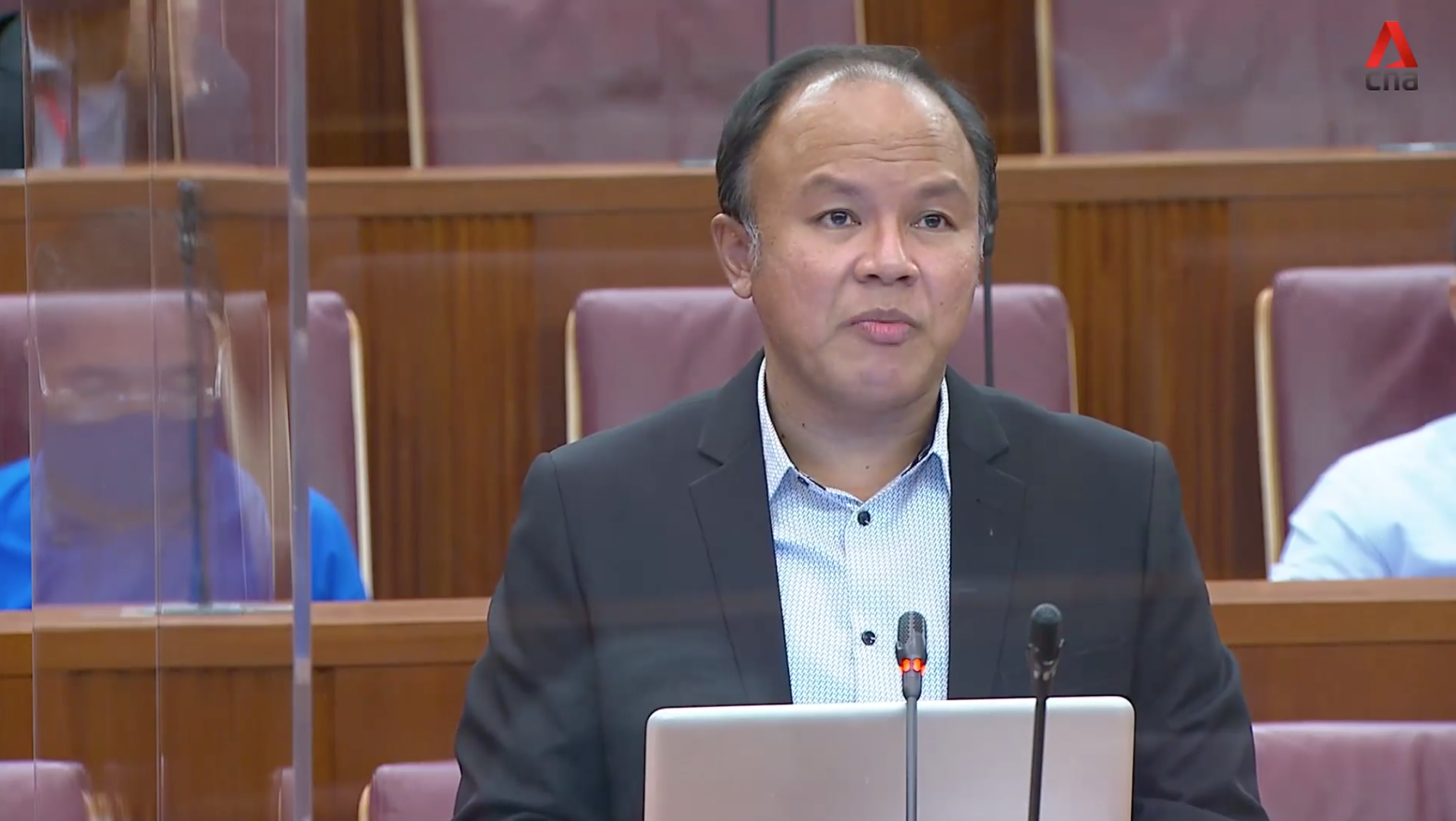Two Hong Kongers accused of being part of a group that campaigned for international sanctions against China pleaded guilty under the city’s national security law on Thursday in a case that is linked to jailed pro-democracy media tycoon Jimmy Lai.
China imposed the sweeping security law on Hong Kong last year to wipe out dissent after the financial hub was rocked by huge and often violent democracy protests.
More than 130 people, including many of the city’s best-known democracy advocates, have since been arrested under the law.
Democracy activist Andy Li, 31, and paralegal Chan Tsz-wah, 30, admitted to a charge of “colluding with foreign forces to endanger China’s national security” on Thursday.
Prosecutors said they were part of a group that organised the publishing of adverts and articles in overseas newspapers calling for sanctions against China.
Both were in custody ahead of their plea.
Little has been heard in open court about the case against the duo but they are part of a group of people linked to jailed pro-democracy media tycoon Lai who faces the same national security charge.
Authorities have accused Lai, 73, of running a “criminal syndicate” that lobbied for international sanctions against China over its crackdown in Hong Kong.
At Thursday’s hearing, prosecutors read out a summary of the allegations against the two defendants.
In it they accused Lai, and his American aide Mark Simon, of being “masterminds and financial support behind the scene and at the highest level of the syndicate”.
Chan allegedly delivered Lai and Simon’s instructions to Li.
Simon left Hong Kong last year and has previously described the prosecution against Lai and others as a political witch hunt against Beijing’s critics.
Lai’s popular newspaper Apple Daily closed down in June after authorities used the security law to freeze its assets over the content of the tabloid’s reporting.
Li was one of 12 Hong Kongers who made a failed attempt to flee the city by speedboat for Taiwan last summer.
They were intercepted by the Chinese coast guard and held in detention until their conviction at a closed hearing for illegal border crossing.
The group were eventually returned to Hong Kong custody.
Charges of Li and Chan assisting offenders over the fugitives case have been shelved by the prosecution as the pair pleaded guilty to the collusion offences.
The pair were remanded back into custody following their plea with the next hearing scheduled for January next year.
The case against Lai and his co-accused has yet to come to court.
— AFP








